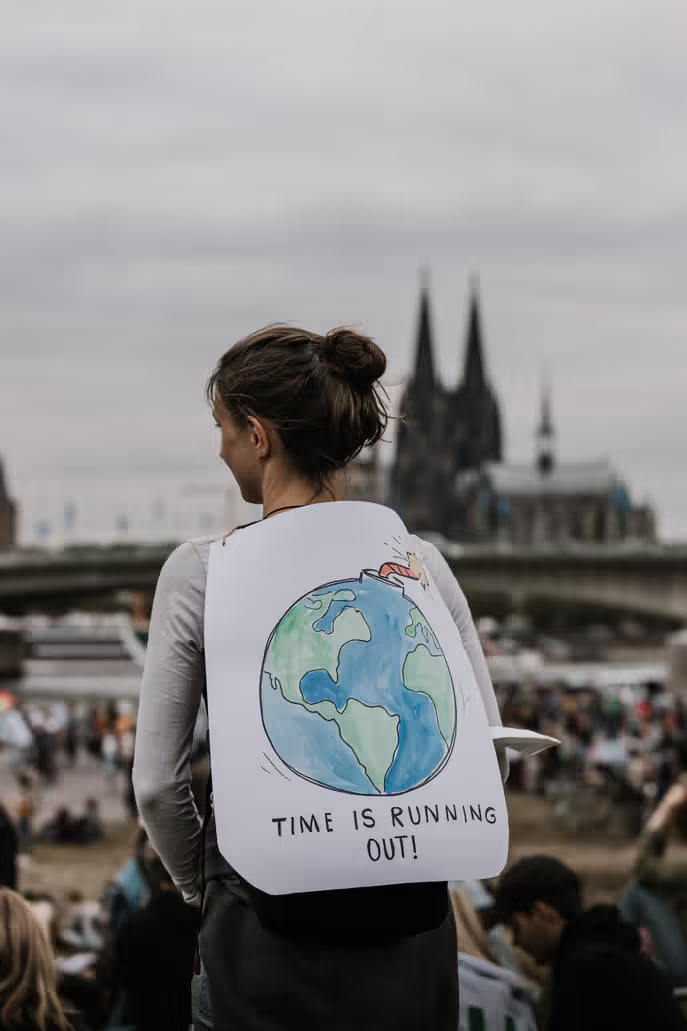Understanding Eco-anxiety
In 2020, through a survey of its members, the Royal College of Psychiatrists sought to understand the level of psychological distress as a result of environmental issues that was noticeable amongst patients. Approximately 57% of child and adolescent psychiatrists in England supported the worrying trend: the climate crisis, besides its other detrimental impacts, is seemingly taking a toll on people's, and particularly the youth's, mental health.
The psychological impacts of climate change can look different amongst people. These often include worrying about climate change to the extent that it affects sleep patterns, leads to panic attacks and impairs one's ability to carry out daily activities. They may also involve excessive guilt after engaging in actions with negative environmental consequences, such as leaving the phone plugged in all night to charge or using a non-biodegradable plastic toothbrush.
Post-traumatic stress resulting from experiencing the devastating effects of climate change is one instance of climate anxiety. For instance, those who have been affected by tsunamis, hurricanes or wildfires or other natural disasters are prone to eco-anxiety. Social media platforms that tend to lead to increased availability and accessibility of information, for a huge segment of the population, also contribute. Consistent exposure to news about the worsening state of the world, such as that relating to shrinking rainforests or depleting coral reefs, can make people feel helpless and anxious about the future.

Dealing with the potentially high presence of eco-anxiety would involve acting on the root cause of the problem itself: the changing climate and the associated inaction. Yet, access to information about strategies being adopted as well as interaction with people who share the passion and concern for the environment can go a long way in dealing with eco-anxiety.
As Professor Mala Rao and Mr Richard Powell of Imperial College London put it,
The best chance of increasing optimism and hope in the eco-anxious young and old is to ensure they have access to the best and most reliable information on climate mitigation and adaptation.
Especially important is information on how they could connect more strongly with nature, contribute to greener choices at an individual level, and join forces with like-minded communities and groups.




